Fentanyl: Understanding the Deadly Opioid, Addiction, and Recovery
Welcome to Mountain’s Edge Recovery, a trusted resource for individuals and families seeking information and support for substance abuse and addiction issues. In this article, we will explore the world of fentanyl, including what it is, its effects on the brain, its role in substance abuse, causes and risk factors, the DSM-5 criteria for fentanyl addiction, side effects of fentanyl addiction, withdrawal symptoms, and available treatment options.
What Is Fentanyl?
Fentanyl is a potent synthetic opioid medication prescribed for severe pain management, often in the form of patches, lozenges, or injectable solutions. However, illicitly manufactured fentanyl is a major contributor to the opioid crisis, as it is often mixed with other drugs like heroin, leading to a surge in overdose deaths.
Effects of Fentanyl on the Brain
Understanding how fentanyl affects the brain is crucial:
- Pain Relief: Fentanyl binds to opioid receptors in the brain and spinal cord, providing powerful pain relief.
- Euphoria and Relaxation: Like other opioids, fentanyl can induce feelings of euphoria and relaxation due to the release of dopamine in the brain.
- Dependence and Tolerance: Continued use of fentanyl can lead to physical and psychological dependence, as well as increased tolerance, requiring higher doses to achieve the same effects.
- Respiratory Depression: Fentanyl, especially when misused or abused, can slow down breathing to a dangerous extent, which can be life-threatening.
Fentanyl and Substance Abuse
Fentanyl’s high potency and the risk of overdose make it a significant contributor to substance abuse issues:
- Illicit Manufacturing: Illicitly produced fentanyl is often mixed with other drugs, leading to unintentional overdose and death.
- Gateway to Addiction: Fentanyl use can lead to opioid addiction, and individuals may transition to other opioids when fentanyl becomes unavailable.
- Dependency and Withdrawal: The intense cravings and withdrawal symptoms associated with fentanyl can make quitting exceptionally challenging.
Causes and Risk Factors
Several factors contribute to the development of fentanyl addiction:
- Prescription Medication: A legitimate prescription for fentanyl increases the risk of misuse and dependence.
- Genetics: A family history of addiction can increase the risk of fentanyl dependence.
- Co-occurring Disorders: Underlying mental health issues, such as depression or anxiety, may contribute to fentanyl misuse as a form of self-medication.
- Social and Peer Influence: Peer pressure and a social environment where drug use is prevalent can encourage fentanyl abuse.
DSM-5 Criteria for Fentanyl Use Disorder
The Diagnostic and Statistical Manual of Mental Disorders (DSM-5) outlines criteria for diagnosing Fentanyl Use Disorder. A diagnosis may be made if an individual meets at least two of the following criteria within a 12-month period:
- Taking fentanyl in larger amounts or for longer periods than intended.
- Unsuccessful attempts to cut down or control fentanyl use.
- Spending a significant amount of time obtaining, using, or recovering from the effects of fentanyl.
- Craving or a strong desire to use fentanyl.
- Failure to fulfill major role obligations at work, school, or home due to fentanyl use.
- Continued fentanyl use despite social or interpersonal problems caused or exacerbated by its effects.
- Giving up or reducing important social, occupational, or recreational activities because of fentanyl use.
- Using fentanyl in situations where it is physically hazardous.
- Continued fentanyl use despite knowing it is causing or worsening a physical or psychological problem.
- Tolerance, as defined by needing more fentanyl to achieve the desired effect or experiencing reduced effects when using the same amount.
- **Withdrawal symptoms when not using fentanyl.
Side Effects of Fentanyl Addiction
Fentanyl addiction can lead to numerous detrimental side effects, including:
- Physical Health Decline: Chronic fentanyl use can result in respiratory problems, cardiovascular issues, and an increased risk of overdose.
- Cognitive Impairment: Long-term use can lead to memory problems, impaired judgment, and difficulties with concentration.
- Mental Health Challenges: Users often experience depression, anxiety, and mood swings.
- Social Isolation: Fentanyl addiction can strain relationships and lead to social withdrawal.
- Legal and Financial Consequences: Activities associated with drug use may result in legal issues and financial instability.
Withdrawal Symptoms
When individuals with fentanyl addiction attempt to quit or reduce their use, they may experience severe withdrawal symptoms, which can be highly uncomfortable and challenging to endure. These symptoms may include:
- Muscle and bone pain
- Nausea and vomiting
- Diarrhea
- Anxiety and depression
- Sweating and chills
- Insomnia
- Intense drug cravings
Treatment for Fentanyl Use Disorder
Mountain’s Edge Recovery offers comprehensive, evidence-based treatment for individuals struggling with fentanyl addiction. Our programs address the physical, psychological, and social aspects of addiction and recovery.
Our treatment options may include:
- Medical Detoxification: Supervised withdrawal management to ensure safety and comfort during the detox process.
- Therapeutic Interventions: Individual and group therapy to address the underlying causes of addiction and develop coping strategies.
- Medication-Assisted Treatment: Medications to reduce cravings and manage withdrawal symptoms.
- Holistic Approaches: Incorporating mindfulness, fitness, and nutrition into treatment plans.
- Aftercare and Support: Ongoing support and relapse prevention strategies to promote long-term recovery.
If you or a loved one is struggling with fentanyl addiction, please reach out to Mountain’s Edge Recovery. We are here to provide guidance and support on your journey to recovery, offering hope and a brighter future. Contact us today to take the first step toward a healthier, addiction-free life.

